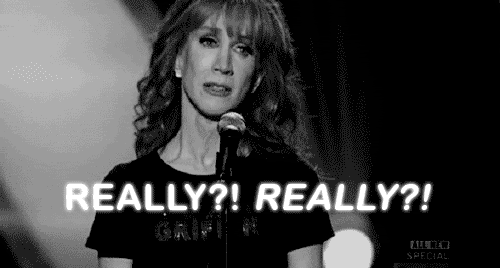One concert could hardly contain the multiplicity of Prince’s enormous songwriting catalog over the 35 years since he released his debut album, “For You,” in 1978. “The Music of Prince,” a tribute concert on Thursday night at Carnegie Hall, tried hard. The program strove to capture a broad swath of Prince’s work, through funk and rock and pop, from lust to spirituality to apocalypse to partying. It included hits, rarities and even some of Prince’s dance moves (but alas, no leaping splits). It was the ninth annual “Music of” concert produced by Michael Dorf, the owner of City Winery, to benefit music programs for underprivileged children.
With the Roots as a house band, the lineup included singers clearly influenced by Prince — D’Angelo, Bilal — and diverse admirers, among them Elvis Costello and Bettye LaVette. There were also musicians who had been in Prince’s touring bands, including the saxophonist Eric Leeds, whose group fDeluxe reunites members of a band Prince produced in the 1980s as the Family, and the guitarist Wendy Melvoin, who sat in with the Roots for most of the concert.
At a tribute show, song assignments are nearly as important as the performances themselves, and “Music of Prince” was full of smart choices. Mr. Costello, ever the collector, delivered a Prince song that has only appeared as a bootleg: “Moonbeam Levels,” a yearning, Beatles-tinged rocker. “The Cross,” a song about despair and salvation, was stoked with flamboyant devotion by the Blind Boys of Alabama, a venerable gospel quartet.
Bilal and the Roots turned “Sister” — a punky one-and-a-half-minute ditty about incest from Prince’s “Dirty Mind” album — into an elaborately dramatic mini-suite that kept shifting tempos and genres, sometimes from one line to the next, up to a screeching peak.
The Waterboys, a British band whose anthems show Celtic roots, performed “Purple Rain,” the Prince rocker that rivals any anthem, replacing Prince’s lead guitar with keening electric violin. Kat Edmonson, a singer from Texas, turned a ballad, “The Beautiful Ones,” into an even slower torch song, accompanied only by piano and full of heartache.
Ms. LaVette backdated “Kiss” from funk to a bluesy soul vamp, and gave its sexual swagger her own raspy, staccato signature. Talib Kweli updated the ominous “Annie Christian” — Prince’s song about a murderous sociopath, which calls for a chant of “Gun control!” — to mention the violence involving the former congresswoman Gabrielle Giffords and Sandy Hook Elementary School.
Nina Persson, the Swedish lead singer of the Cardigans, made “Nothing Compares 2 U” — a Prince song that was introduced on the Family’s 1985 album — more forlorn and less tragic than the well-known Sinead O’Connor version. And DeVotchKa pushed “Mountains” from funk toward foot-stomping folk-rock.
There were misfires, too. Applying stolid, folky strumming to “Pop Life” (Citizen Cope and Alice Smith) and to “When Doves Cry” (Bhi Bhiman) deflated both of them, though Mr. Bhiman’s sustained croon revealed the lovers’ quarrel within the song. “Raspberry Beret” (sung by Diane Birch with Booker T. Jones on largely unheard organ) and a funk medley from fDeluxe were lost to Carnegie Hall’s acoustics.
And there was comedy: from Chris Rock and Fred Armisen parodying Prince’s spoken-word moments; from Sandra Bernhard, reaching for high notes as she hammed her way through “Little Red Corvette”; from Princess, the Prince tribute duo of Maya Rudolph and Gretchen Lieberum, who had costumes and moves for “Darling Nikki.”
The finale belonged to D’Angelo, who stepped forward as a soul showman, complete with microphone tricks, for “It’s Gonna Be a Beautiful Night” and “1999.” The Roots kicked up Prince’s post-James Brown funk grooves, and D’Angelo placed his yowls, hoots and exhortations just right, to be joined by the whole lineup during “1999.” It was party time — hitting the energy level where a Prince concert would start.
 New topic
New topic Printable
Printable Report post to moderator
Report post to moderator will ALWAYS think of
will ALWAYS think of  like a "ACT OF GOD"! N another realm.
like a "ACT OF GOD"! N another realm. 
 up in the house but when
up in the house but when